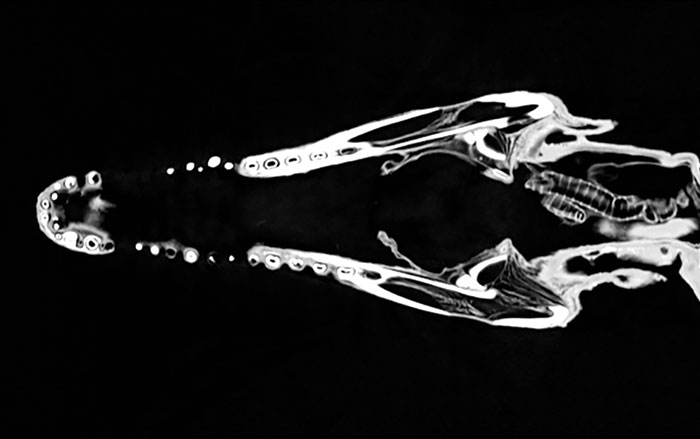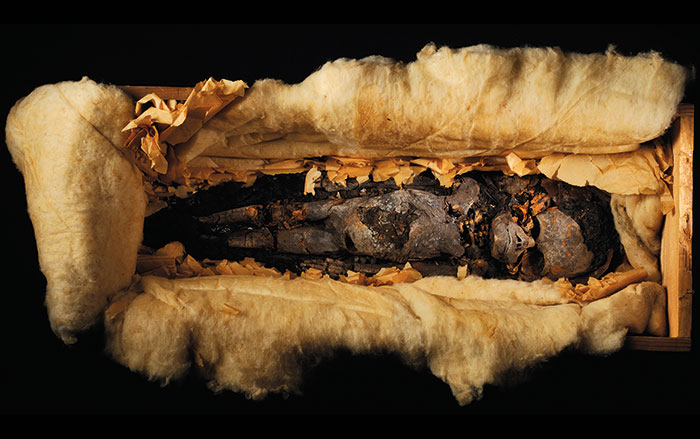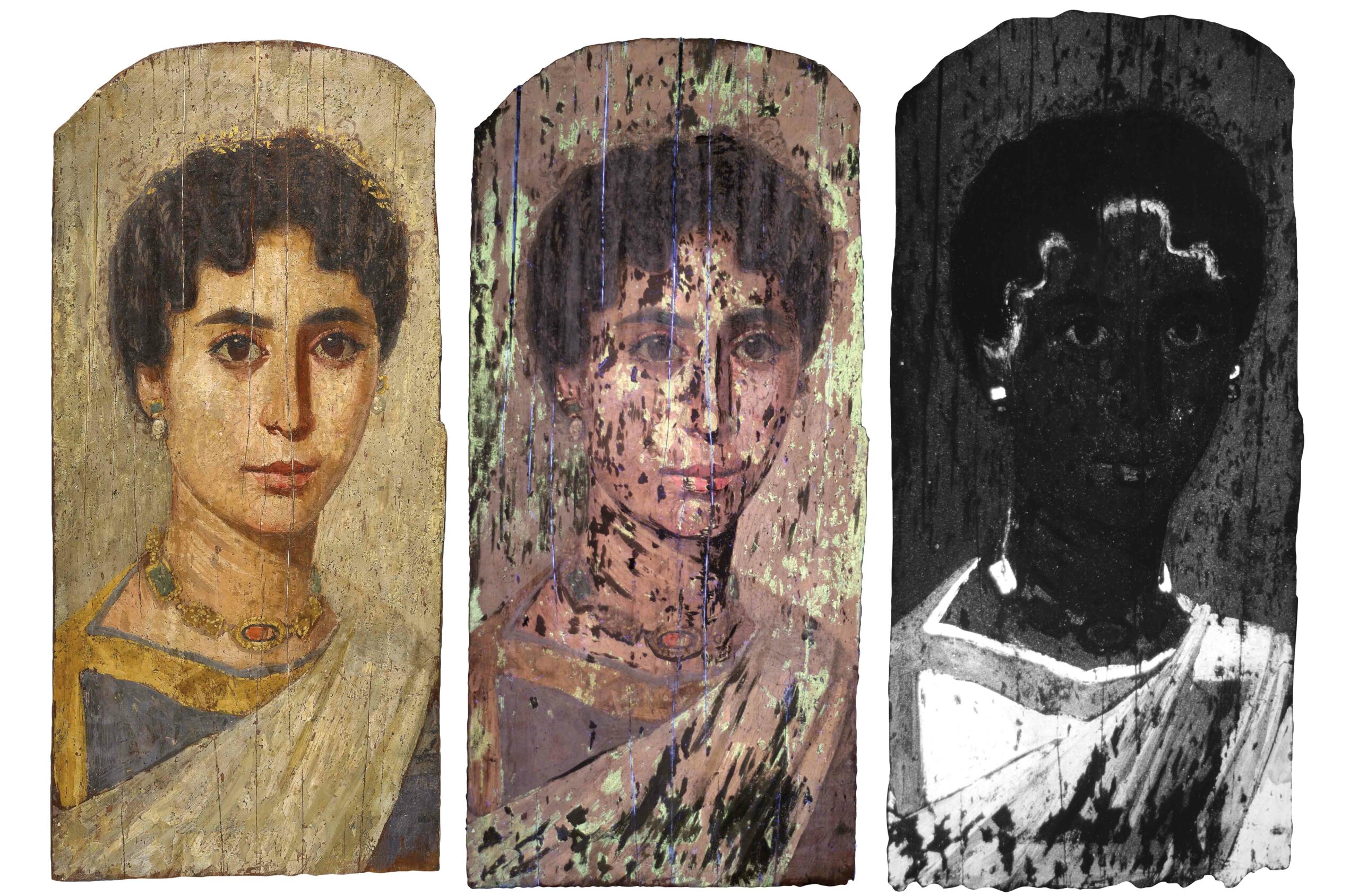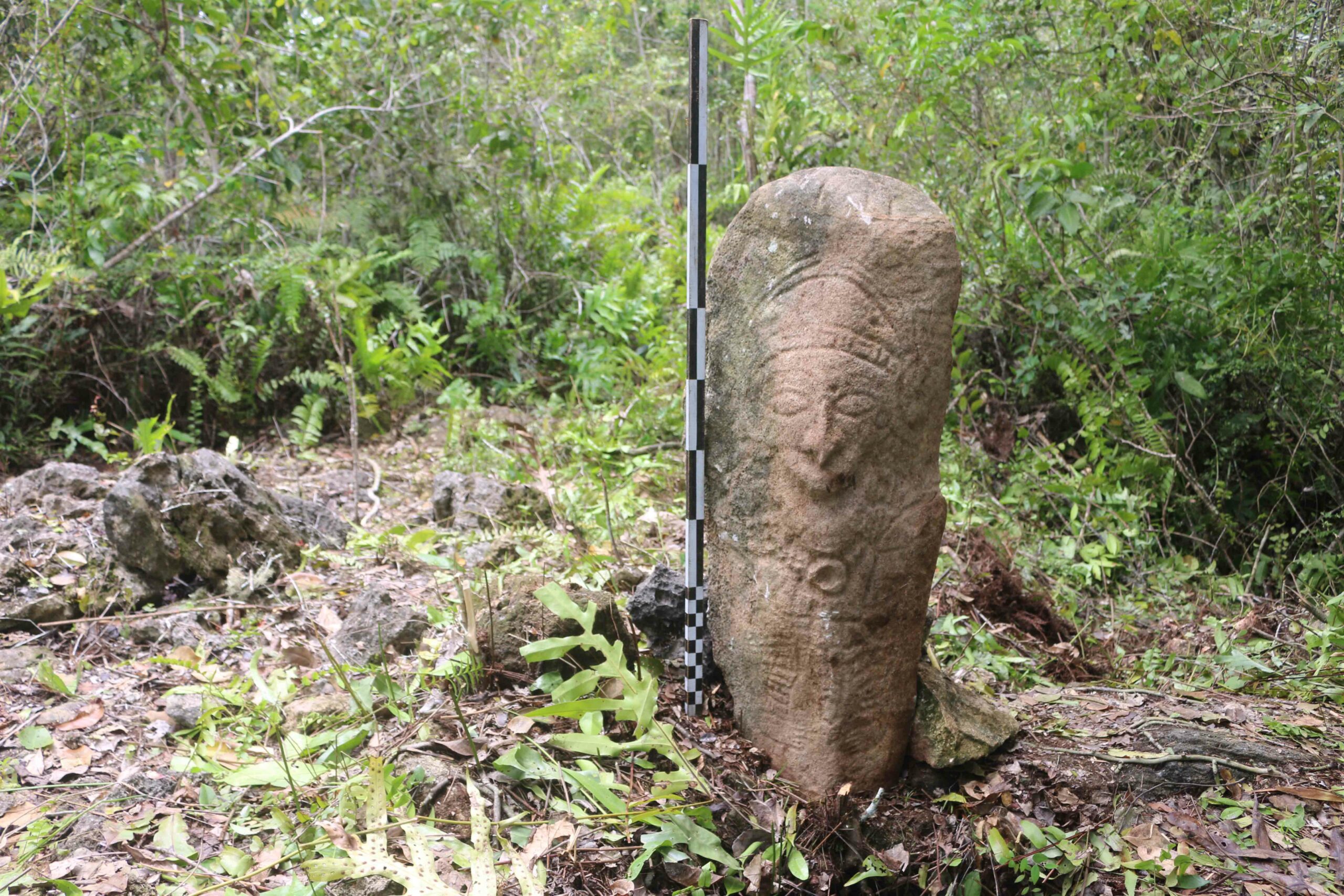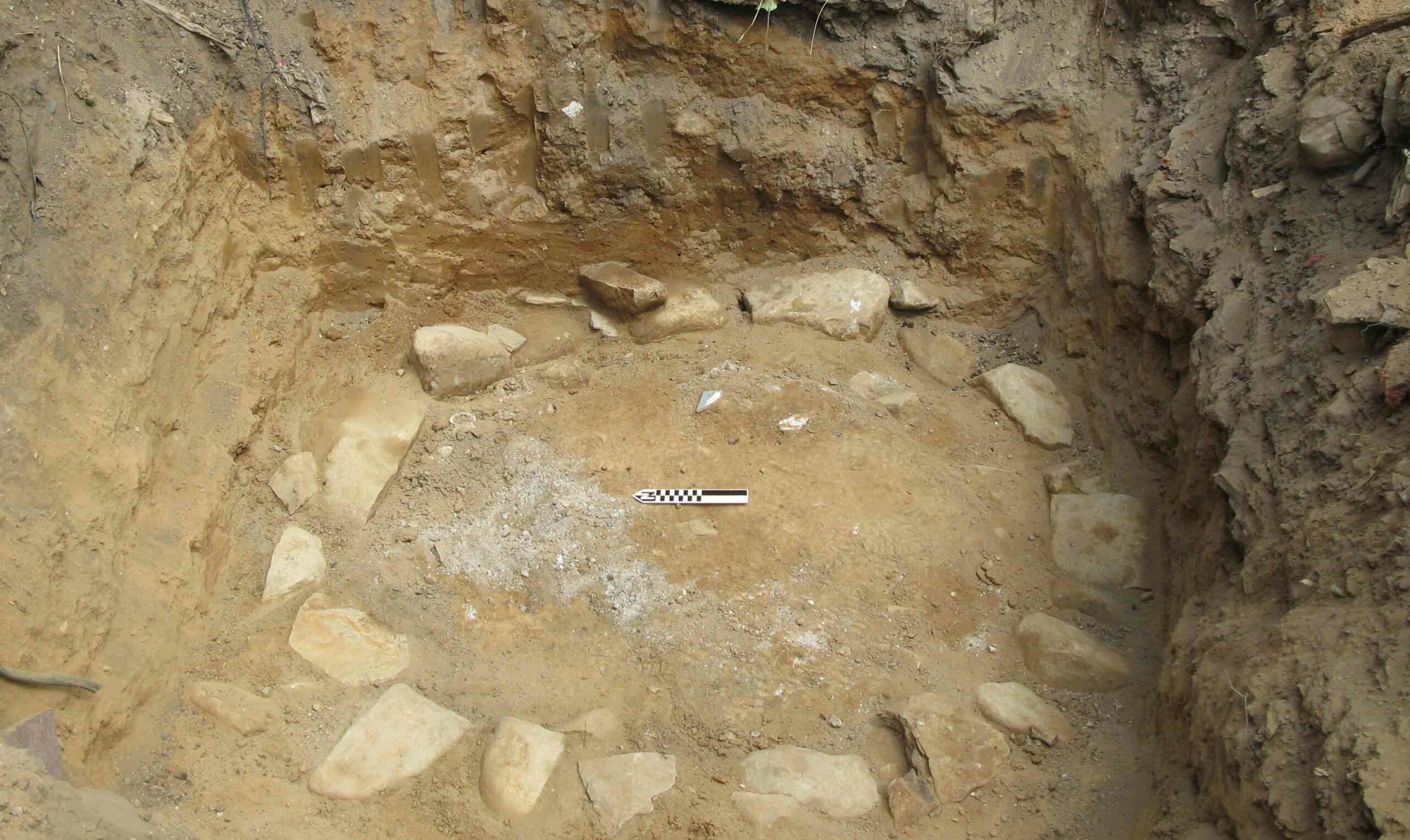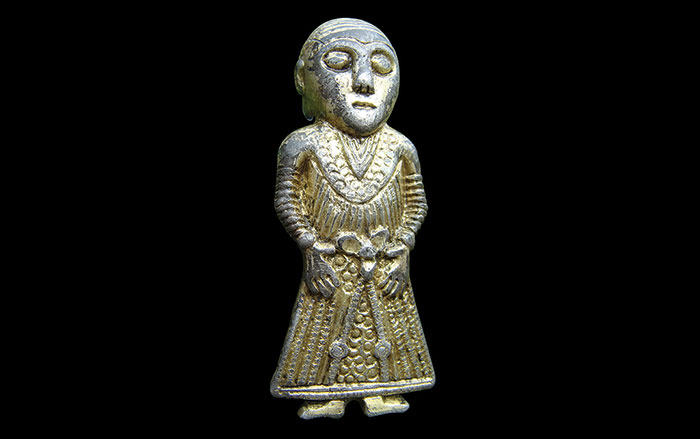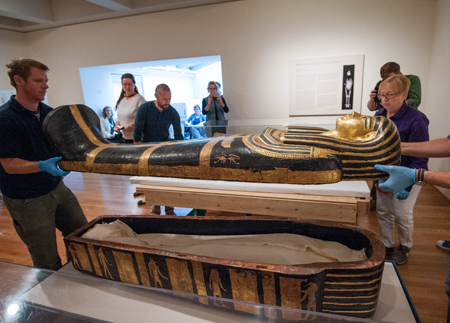
ST. LOUIS, MISSOURI—Experts from the Washington University School of Medicine, the Saint Louis Art Museum, and the Mildred Lane Kemper Art Museum at Washington University teamed up to examine three Egyptian mummies with a state-of-the-art computerized tomography (CT) scanner. One of the mummies, Henut-Wedjebu, or “singer of Amun and lady of the house,” was discovered near Thebes and dates to the reign of Amenhotep III. The recent scans reveal that she had been mummified with her brain and lungs. Small objects had been placed around her head that may be a headdress or embellishments on her shroud. “The technical sophistication of all three mummies suggests that these were well-off individuals. We would expect to see that reflected in the condition of their teeth and skeletons. The CT scan helps us to better understand their lifestyles,” Lisa Çakmak of the Saint Louis Art Museum announced at Washington University. To read about the in-depth study of a 3,000-year-old Egyptian mummy see ARCHAEOLOGY's "Priestess of Amun."


